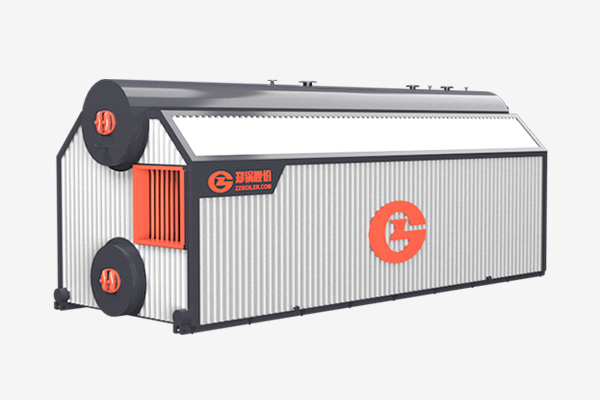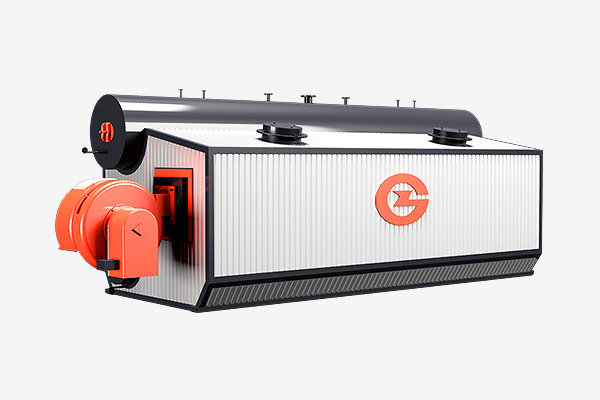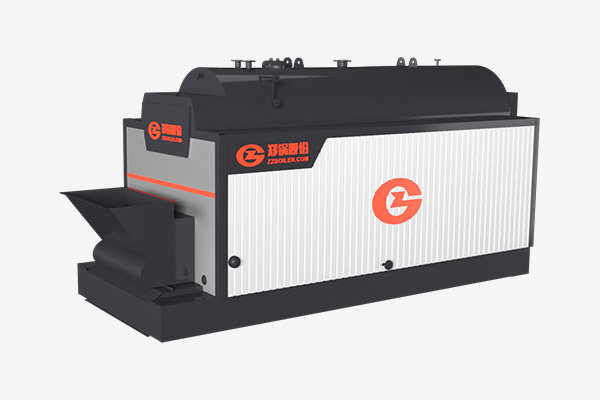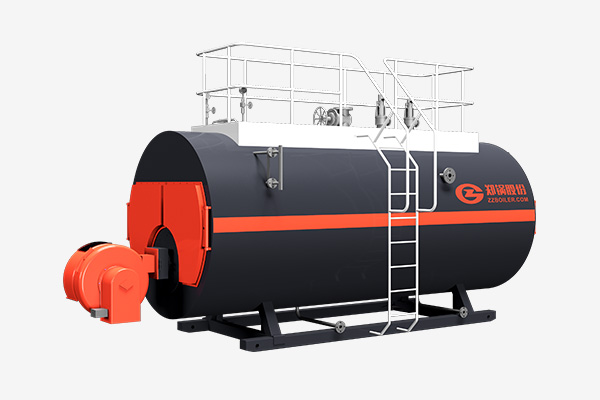What Do You Know About Boiler Feed Water
2016-03-09 08:52:29Boiler feedwater is an essential part of boiler operations. The feed water is put in to the steam drum from a feed pump. In the steam drum the feed water is then turned into steam from the heat. After the feed water is used it is then dumped to the main condenser. From the condenser it is then pumped to the deaerated feed tank. From this tank it then goes back to the steam drum to complete its cycle.
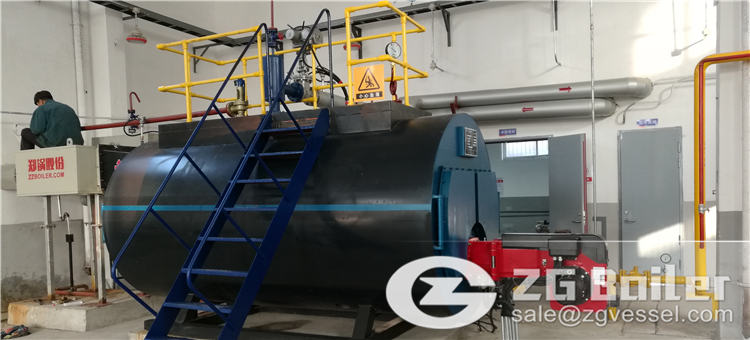
Water absorbs more heat for a given temperature rise than any other common inorganic substance. It expands 1600 times as it evaporates to form steam at atmospheric pressure. The steam is capable of carrying large quantities of heat. These unique properties of water make it an ideal raw material for heating and power generating processes.
All natural waters contain varying amounts of dissolved and suspended matter and dissolved gases the amount of minerals dissolved in water varies from 30 g/l in sea water to anything from 0.005 to 1500 mg/l in fresh water supplies. Since water impurities cause boiler problems, careful consideration must be given to the quality of the water used for generating steam.
The composition of boiler feed water must be such that the impurities in it can be concentrated a reasonable number of times inside the boiler, without exceeding the tolerance limits of the particular boiler design. If the feed water does not meet these requirements it must be pretreated to remove impurities. The impurities need not be completely removed in all cases, however, since chemical treatment inside the boiler can effectively and economically counteract them.
Feed-water purity is a matter both of quantity of impurities and nature of impurities: some impurities such as hardness, iron and silica are of more concern, for example, than sodium salts. The purity requirements for any feed-water depend on how much feed water is used as well as what the particular boiler design (pressure, heat transfer rate, etc.) can tolerate. Feed-water purity requirements therefore can vary widely. A low-pressure fire-tube boiler can usually tolerate high feed-water hardness with proper treatment while virtually all impurities must be removed from water used in some modern, high-pressure boilers.
For all inquiries, please fill in the form below (* are required) to send us a brief message, and we will get back to you as soon as possible.
